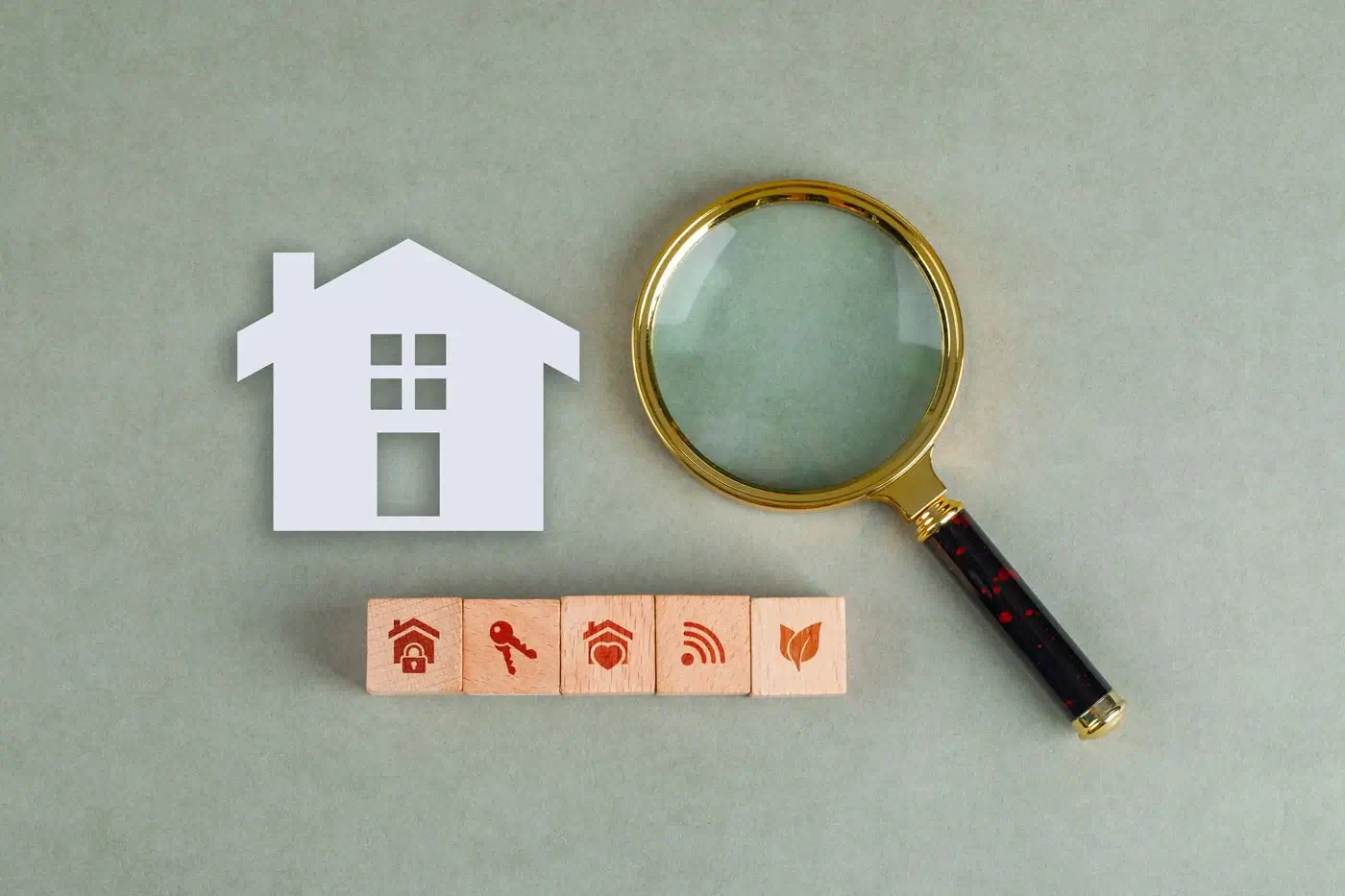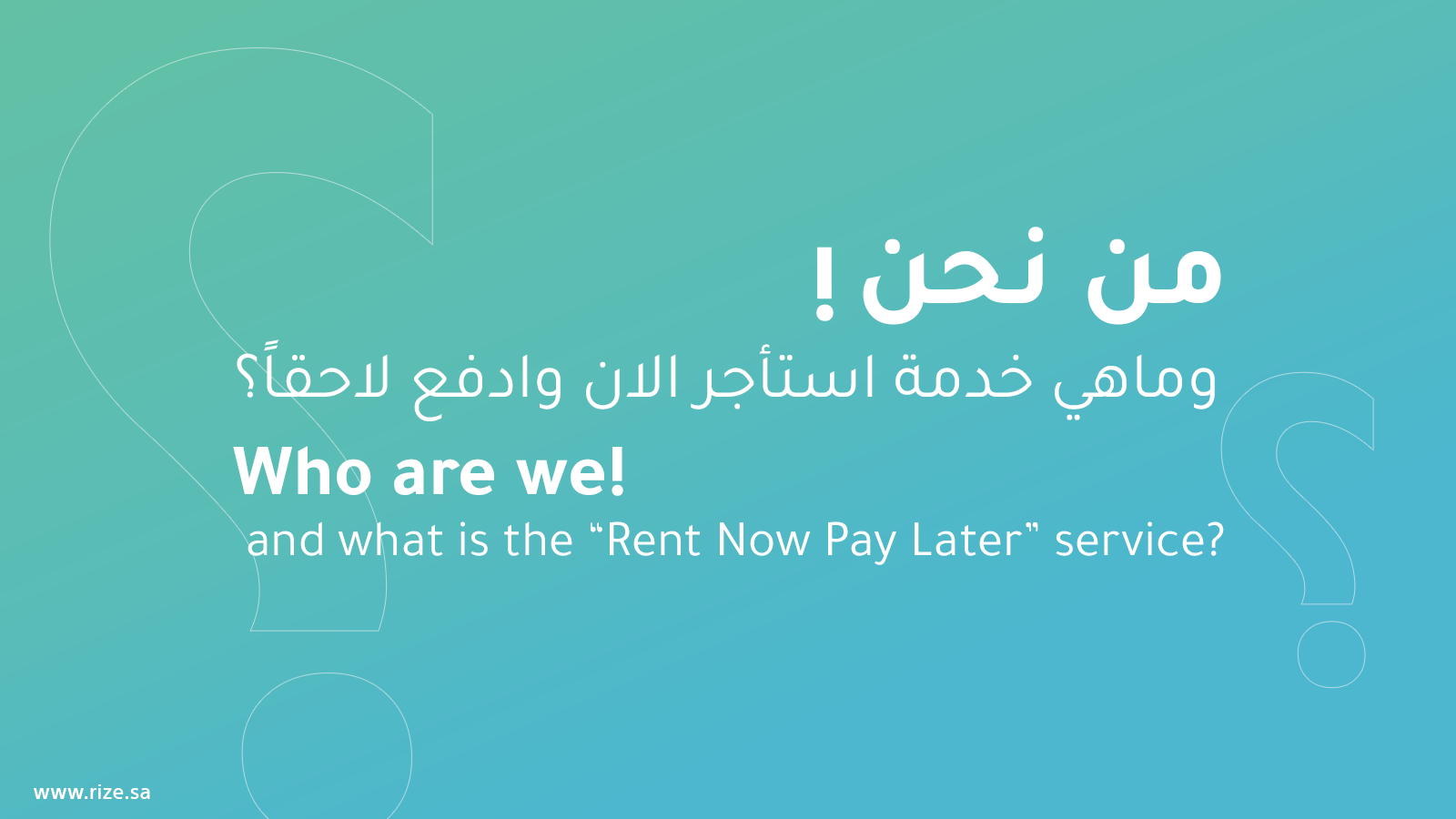
“Rent or Buy: Exploring Housing Options”

Renting or buying a house? This question poses a challenge for many people when considering housing options. The response varies based on multiple dynamic factors. In this article, we will highlight the positives and negatives of each option. However, there is no “one size fits all” solution, as each person has their own situation, which may not apply to others.
Let's assume you're an employee in a private sector company, and your monthly income doesn't exceed six thousand riyals, meaning you don't have enough liquidity to buy a house outright. In this case, you're likely to resort to long-term financing solutions, making the financial commitment extremely burdensome. The monthly installment will require a significant portion of your income, and as is known, in such cases, your living conditions may change, forcing you to sacrifice many aspects of the way you live to meet the monthly installments.
On the other hand, if you have a good salary or receive financial returns from stocks or investments, buying a house may indeed be appropriate. With stable income, you can confidently bear the financial commitment associated with home ownership. Houses and land generally are assets that increase in value over time, age plays a role in this too. Additionally, buying a house provides stability and security in accommodation, allowing you to design and renovate the house according to your preferences.
While homeowners can invest money in property development to potentially increase its value in the long run, it's essential to consider that buying a house comes with a set of challenges and responsibilities. You'll be responsible for maintenance and repairs, as well as managing the buying, selling, and insurance processes, and property-related taxes.
Furthermore, if the house is bought via the bank, your freedom to move and relocate to other places may be restricted. You'll need approvals and permits before making any modifications or renting out the property. Additionally, if property prices in the area where you own the house decrease, you may find it challenging to sell it at a profit or incur a financial loss.
As for renting, it also has its benefits and challenges. For example, if you prefer flexibility and not being tied to a specific place for a long time, renting might be the substitute option. You can easily change your place of residence according to your personal and professional needs and circumstances. Moreover, you're not responsible for maintenance and repairs, as it's the landlord or rental company's responsibility.
Additionally, there are additional benefits that make renting a more convenient option. Suppose you have enough liquidity to buy a property. In that case, you can simply take advantage of this opportunity by renting instead of purchasing, allowing you to invest in stocks or other investments instead of bearing the cost of buying the property. This means renting can potentially offer higher financial returns in the long run, making it an attractive option worthy of attention and consideration.
A potential downside of renting is the possibility of facing rent increases after a certain period, depending on the rental agreement and local housing market conditions. Also, you may face restrictions on making modifications to the property according to the landlord's instructions. Some people may feel unsettled and lacking a sense of belonging due to not owning the house they live in.
In conclusion, the decision to rent or buy a house depends on various personal, financial, and professional factors. You must carefully evaluate your circumstances and personal financial goals before making the final decision. You may find that renting is the most suitable option for you at this stage of your life, or you may discover that buying provides the stability and security you're looking for. Ultimately, you should follow the option that aligns with your personal, financial, and lifestyle preferences.










